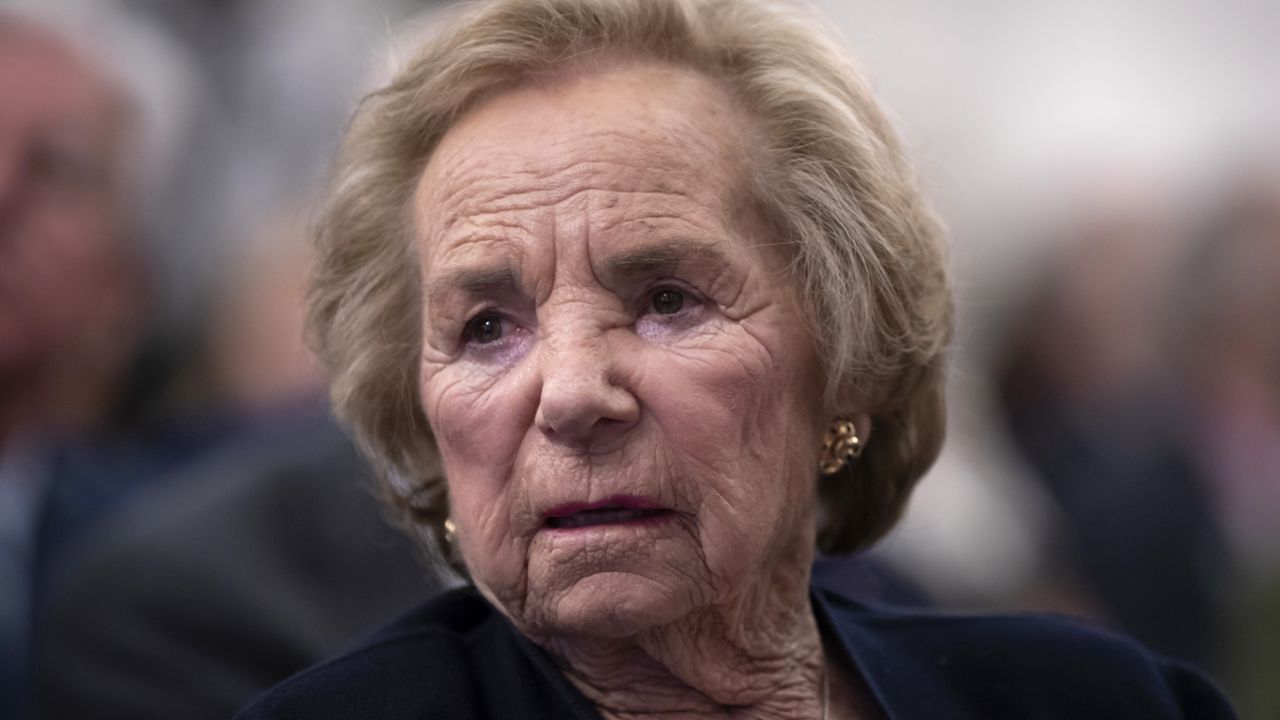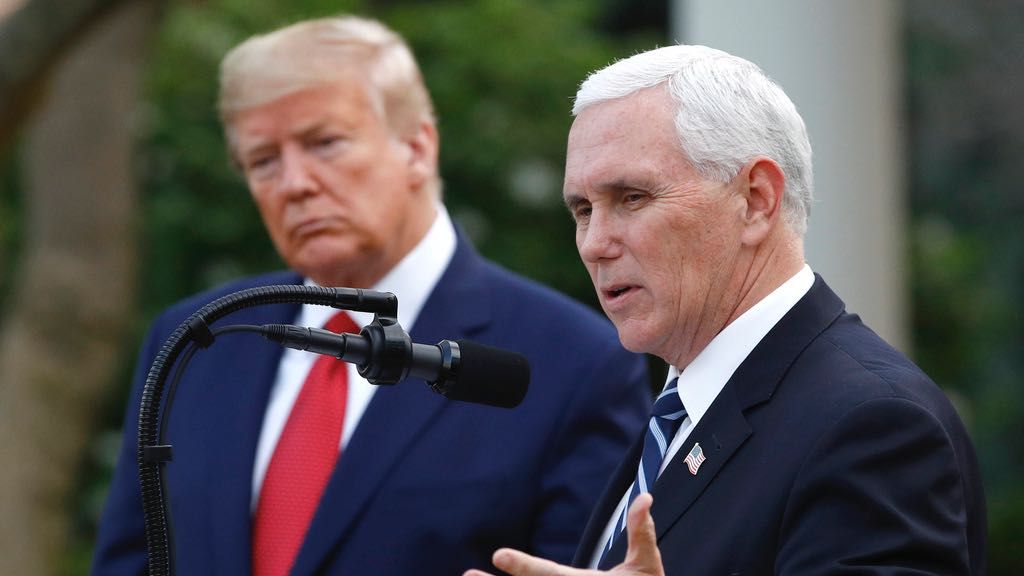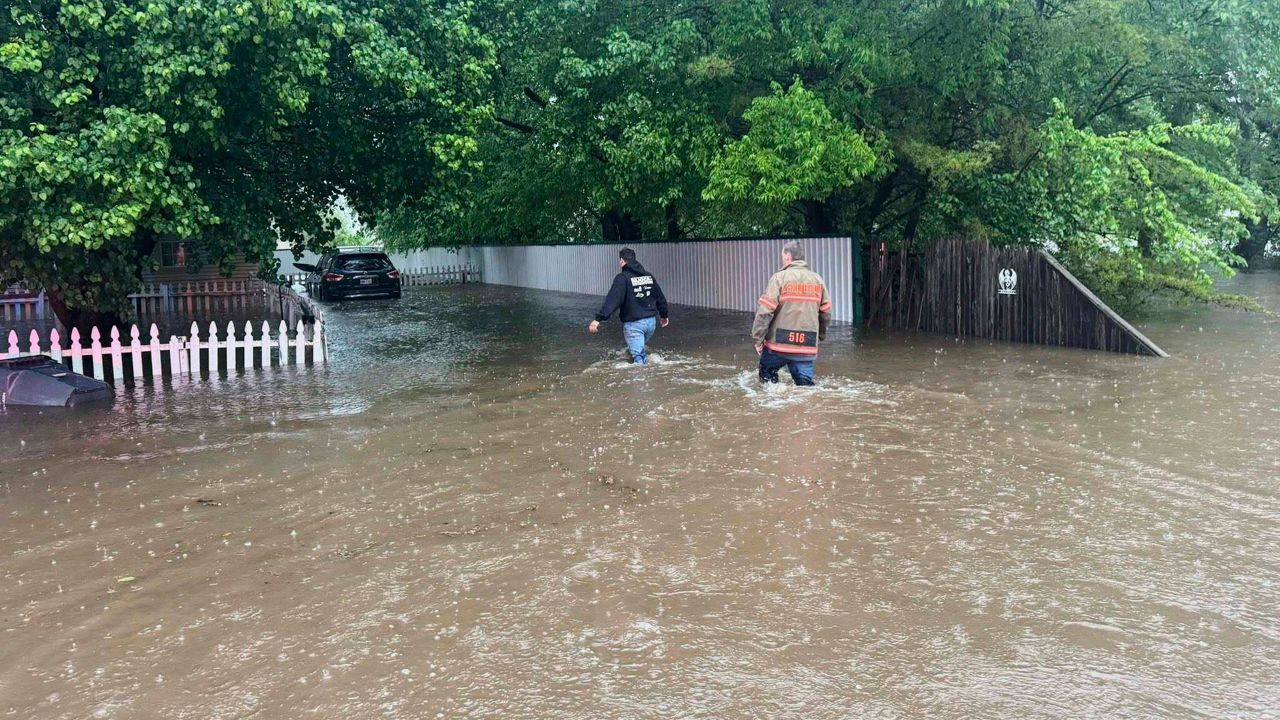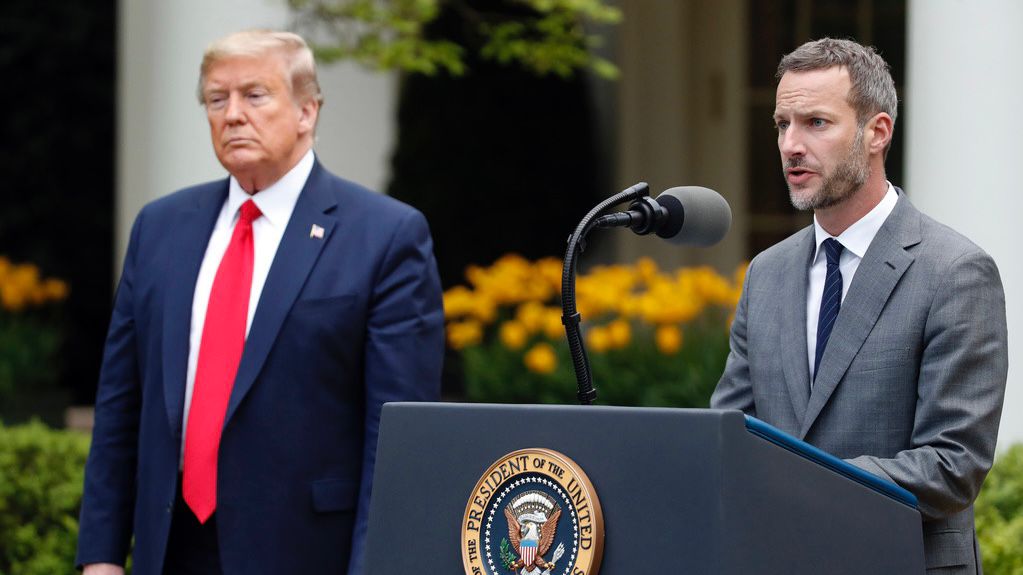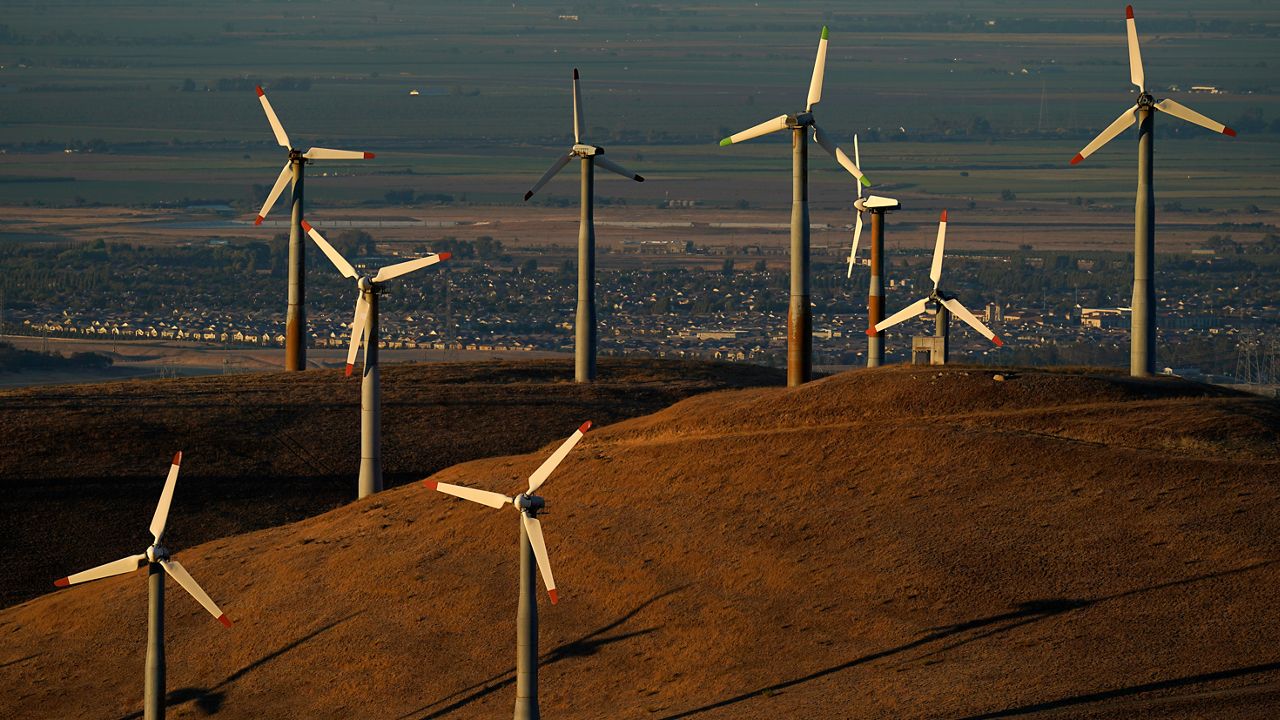Ethel Kennedy, the widow of Robert F. Kennedy and matriarch of one of the most iconic families in modern American politics, died Thursday after suffering a stroke last week, her family announced. She was 96.
"It is with our hearts full of love that we announce the passing of our amazing grandmother, Ethel Kennedy," a statement shared by her daughter, Kerry Kennedy, and other members of the family, reads. "She died this morning from complications related to a stroke suffered last week. Along with a lifetime's work in social justice and human rights, our mother leaves behind nine children, 34 grandchildren, and 24 great-grandchildren, along with numerous nieces and nephews, all of whom love her dearly."
"She was a devout Catholic and a daily communicant, and we are comforted in knowing she is reunited with the love of her life, our father, Robert F. Kennedy; her children David and Michael; her daughter-in-law Mary; her grandchildren Maeve and Saoirse; and her great-grandchildren Gideon and Josie," the statement continues. "Please keep her in your hearts and prayers."
Ethel Kennedy was one of the last remaining member of a generation that included President John F. Kennedy. Her family said she had recently enjoyed seeing many of her relatives, before falling ill.
In a statement marking her passing, President Joe Biden said that Ethel Kennedy's "story was the American story."
"Ethel Kennedy was an American icon—a matriarch of optimism and moral courage, an emblem of resilience and service," the president said. "Devoted to family and country, she had a spine of steel and a heart of gold that inspired millions of Americans, including me and Jill. We were blessed to call her a dear friend."
"When I moved into the Oval Office as President, I placed a bust of Robert Kennedy by the fireplace, as he and Ethel always had a place in my heart," Biden added. "I cherish the cards she would send me and my family. And when Ethel presented me with the RFK Ripple of Hope Award in 2016, it was one of the greatest honors of my life because I received it from a hero in her own right. For over 50 years, Ethel traveled, marched, boycotted, and stood up for human rights around the world with her signature iron will and grace."
A millionaire’s daughter who married the future senator and attorney general in 1950, Ethel Kennedy had endured more death by the age of 40, for the whole world to see, than most would in a lifetime.
She was by Robert F. Kennedy’s side when he was fatally shot in the kitchen of the Ambassador Hotel in Los Angeles on June 5, 1968, just after winning the Democratic presidential primary in California. Her brother-in-law, President John F. Kennedy, had been assassinated in Dallas less than five years earlier.
Her parents were killed in a plane crash in 1955, and her brother died in a 1966 crash. Her son David Kennedy later died of a drug overdose, son Michael Kennedy in a skiing accident and nephew John F. Kennedy Jr. in a plane crash. Another nephew, Michael Skakel, was found guilty of murder in 2002, although a judge in 2013 ordered a new trial and the Connecticut Supreme Court vacated his conviction in 2018.
In 2019, she was grieving again after granddaughter Saoirse Kennedy Hill died of an apparent drug overdose.
Ethel Kennedy sustained herself through her Catholic faith and devotion to family.
“I knew how difficult it was going to be for her to raise that big family without the guiding role and influence that Bobby would have provided,” her mother-in-law, Rose Fitzgerald Kennedy, recalled in her memoir, “Times to Remember.” “And, of course, she realized this too, fully and keenly. Yet she did not give way.”
She founded the Robert F. Kennedy Center for Justice and Human Rights soon after husband’s death and advocated for causes including gun control and human rights. She rarely spoke about her husband’s assassination. When her filmmaker daughter, Rory, brought it up in the 2012 HBO documentary, “Ethel,” she couldn't share her grief.
“When we lost Daddy ...” she began, then teared up and asked that her youngest daughter “talk about something else.”
In 2008, she joined brother-in-law Ted Kennedy and niece Caroline Kennedy in endorsing Sen. Barack Obama for president, likening him to her late husband. She made several trips to the White House during the Obama years, receiving the Presidential Medal of Freedom in 2014 and meeting Pope Francis in 2015.
Many of her progeny became well known. Daughter Kathleen became lieutenant governor of Maryland; Joseph represented Massachusetts in Congress; Courtney married Paul Hill, who had been wrongfully convicted of an IRA bombing; Kerry became a human rights activist and president of the RFK center; Christopher ran for governor of Illinois; Max served as a prosecutor in Philadelphia and Douglas reported for Fox News Channel.
Her Robert F. Kennedy Jr., also became a national figure, although not as a liberal in the family tradition. First known as an environmental lawyer, he evolved into a conspiracy theorist who spread false theories about vaccines. He ran for president as an independent after briefly challenging President Biden, and his name remained on ballots in multiple states after he suspended his campaign and endorsed Donald Trump.
Ethel Kennedy did not comment publicly on her son's actions, although several other family members denounced him.
Decades earlier, she seemed to thrive on her in-laws’ rising power. She was an enthusiastic backer of JFK’s 1960 run and during the Kennedy administration hosted some of the era’s most well-attended parties at their Hickory Hill estate in McLean, Virginia, including one where historian Arthur M. Schlesinger Jr. was pushed fully clothed into the swimming pool. In the Kennedy spirit, she also was known as an avid and highly competitive tennis player and a compulsive planner.
“Petite and peppy Ethel, who doesn’t look one bit the outdoorsy type, considers outdoor activity so important for the children that she has arranged her busy Cabinet-wife schedule so she can personally take them on two daily outings,” The Washington Post reported in 1962.
In February of that year, she accompanied her husband on a round-the-world goodwill tour, stopping in Japan, Hong Kong, Italy and other countries. She said it was important for Americans to meet ordinary people overseas.
“People have a distinct liking for Americans,” she told the Post. “But the Communists have been so vocal, it was a surprise for some Asians to hear America’s point of view. It is good for Americans to travel and get our viewpoint across.”
Kennedy was born Ethel Skakel on April 11, 1928, in Chicago, the sixth of seven children of coal magnate George Skakel and Ann Brannack Skakel, a devout Roman Catholic. She grew up in a 31-room English country manor house in Greenwich, Connecticut, and attended Greenwich Academy before graduating from the Convent of the Sacred Heart in the Bronx in 1945.
She met Robert Kennedy through his sister Jean, her roommate at Manhattanville College in New York. They moved to Charlottesville, Virginia, where he finished his last year of law school at the University of Virginia, and then in 1957, they bought Hickory Hill from by John and Jacqueline Kennedy, who had bought it in 1953.
Robert Kennedy became chief counsel to the Senate Select Committee in 1957. He later was appointed attorney general by his brother, the newly elected President Kennedy.
She had supported her husband in his successful 1964 campaign for the U.S. Senate in New York and his subsequent presidential bid. Pregnant with their 11th child when he was gunned down by Sirhan Sirhan, her look of shock and horror was captured by photographers in images that remained indelible decades later.
The assassination traumatized the family, especially son David Kennedy, who watched the news in a hotel room. He was just days before his 13th birthday and never recovered, struggling with addiction problems for years and overdosing in 1984.
In 2021, she said Sirhan Sirhan should not be released from prison, a view not shared by some others in her family. Two years later, a California panel denied him parole.
Although Ethel Kennedy was linked to several men after her husband’s death, most notably singer Andy Williams, she never remarried.
In April 2008, Ethel Kennedy visited Indianapolis on the 40th anniversary of the assassination of the Rev. Martin Luther King Jr. A monument there commemorated King’s death and the speech her husband had given that night in 1968, which was credited with averting rioting in the city.
“Of all the Kennedy women, she was the one I would end up admiring the most,” Harry Belafonte would write of her. “She wasn’t playacting. She looked at you and immediately got what you were about. Often in the coming years, when Bobby was balking at something we wanted him to do for the movement, I’d take my case to Ethel. ‘We have to talk to him,’ she’d say, and she would.”
Ethel Kennedy joined President Obama and former President Bill Clinton — each held one of her hands — as they climbed stairs to lay a wreath at President Kennedy’s gravesite during a November 2013 observance of the 50th anniversary of JFK’s death.
The nonprofit center she founded remains dedicated to advancing human rights through litigation, advocacy, education and inspiration, giving annual awards to journalists, authors and others who have made significant contributions to human rights.
She also was active in the Coalition of Gun Control, Special Olympics, and the Earth Conservation Corps. And she showed up in person, participating in a 2016 demonstration in support of higher pay for farmworkers in Florida and a 2018 hunger strike against the Trump administration’s immigration policies.




